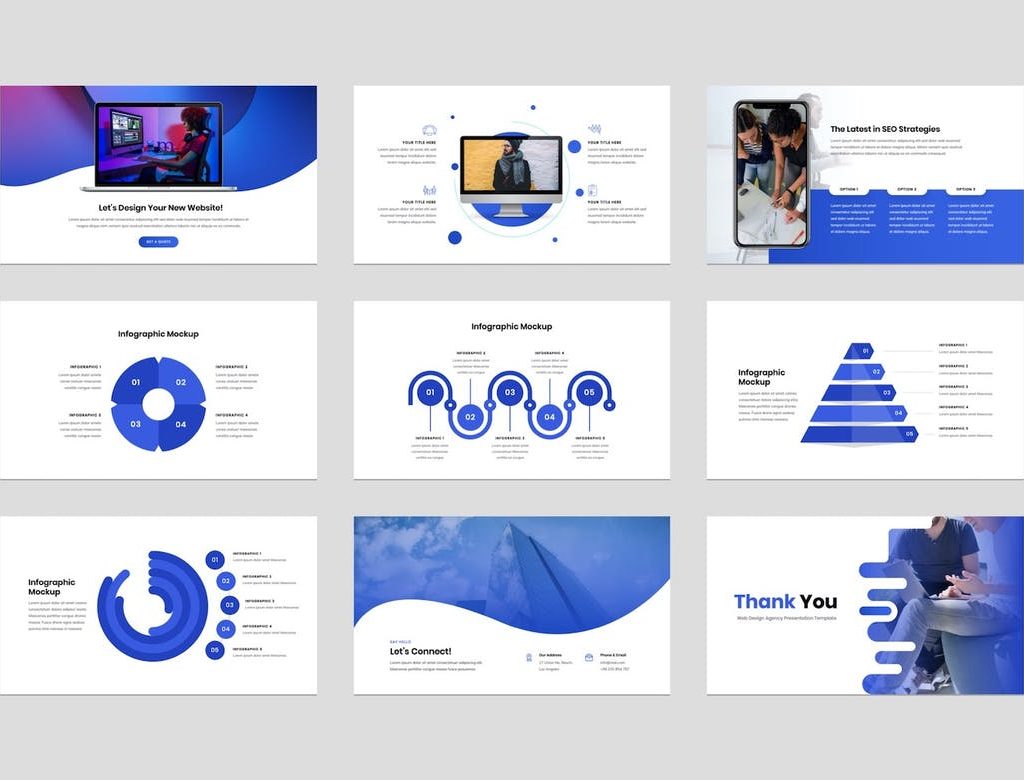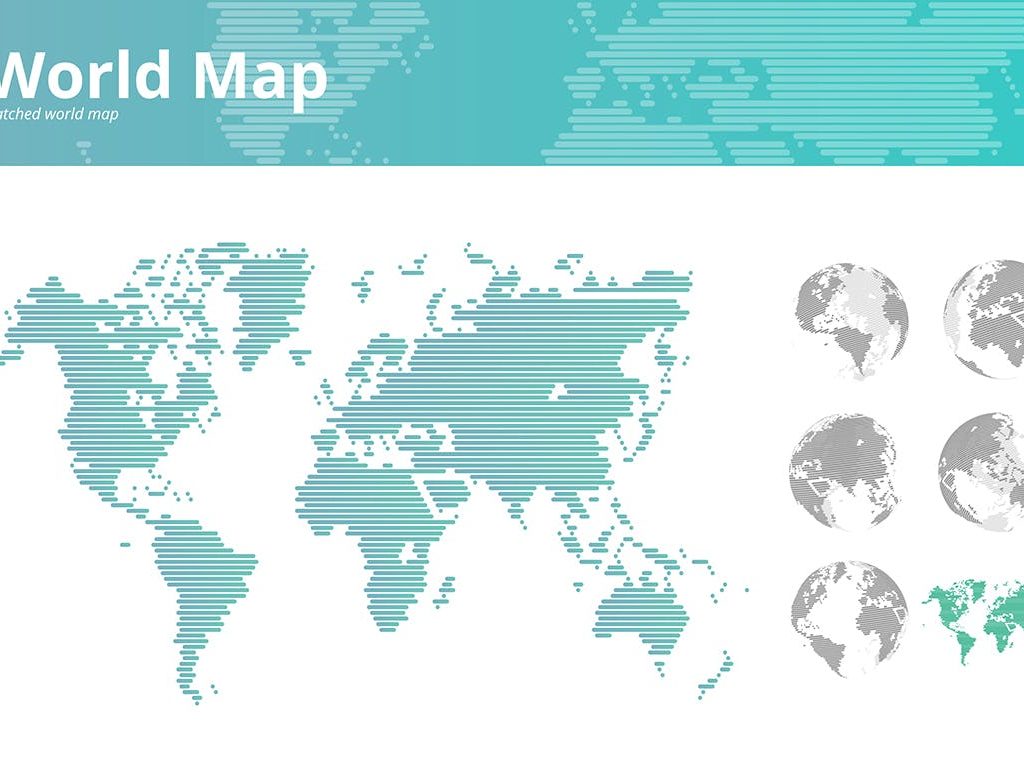Policies And Analysis
“Policies and Analysis” typically refers to the process of developing and evaluating policies within an organization or government entity. It involves analyzing existing policies, proposing new ones, and evaluating their effectiveness. Here’s a breakdown of the key components:
1. Policy Development:
Policy Formulation: Identifying areas that require policies and creating comprehensive policies to address specific issues or concerns.
Research and Analysis: Conducting in-depth research and analysis to understand the problem, its causes, and potential solutions. This often involves gathering data, conducting surveys, and consulting experts.
Stakeholder Involvement: Involving relevant stakeholders such as employees, customers, or citizens to gather input and ensure that policies are comprehensive and inclusive.
2. Policy Implementation:
Implementation Planning: Developing a strategic plan to implement policies effectively. This includes defining roles, responsibilities, and timelines.
Training and Communication: Providing training to employees or relevant parties to ensure they understand the policies. Effective communication is crucial to inform everyone affected by the policies.
Monitoring: Implementing systems to monitor policy adherence and effectiveness. Regular checks and balances are essential to ensure compliance.
3. Policy Evaluation and Analysis:
Performance Evaluation: Assessing the policies’ performance over time to determine their impact on the organization or society. This evaluation helps in understanding whether the policies are achieving their intended goals.
Cost-Benefit Analysis: Evaluating the costs associated with policy implementation against the benefits it provides. This analysis helps in understanding the policy’s economic feasibility.
Feedback and Adjustment: Gathering feedback from stakeholders and using it to adjust policies as needed. Policies should be flexible and adaptable to changing circumstances.
4. Regulatory Compliance:
Legal Compliance: Ensuring that policies comply with all relevant laws, regulations, and standards. Legal experts often review policies to prevent legal issues.
Ethical Considerations: Addressing ethical concerns and ensuring that policies align with the organization’s ethical values and societal expectations.
5. Policy Documentation:
Policy Manuals: Creating comprehensive policy manuals that clearly outline the policies, procedures, and guidelines. These documents serve as references for employees and stakeholders.
Transparency: Ensuring transparency by making policies accessible to everyone involved. Transparent policies build trust among stakeholders.
Effective policies and analysis are essential for the smooth operation of organizations and governments. They provide clear guidelines, promote consistency, and help in achieving objectives while considering legal, ethical, and societal factors. Regular review and adjustment of policies based on analysis ensure that they remain relevant and effective in an ever-changing environment.
Browse our collection of editable, easy to customize video templates. From broadcast templates to product promo, overlays and infographics.


























